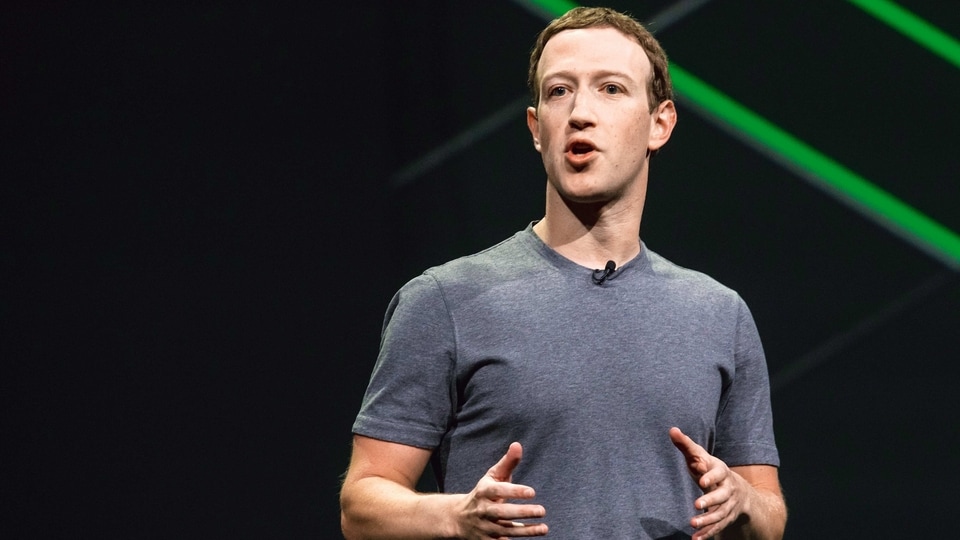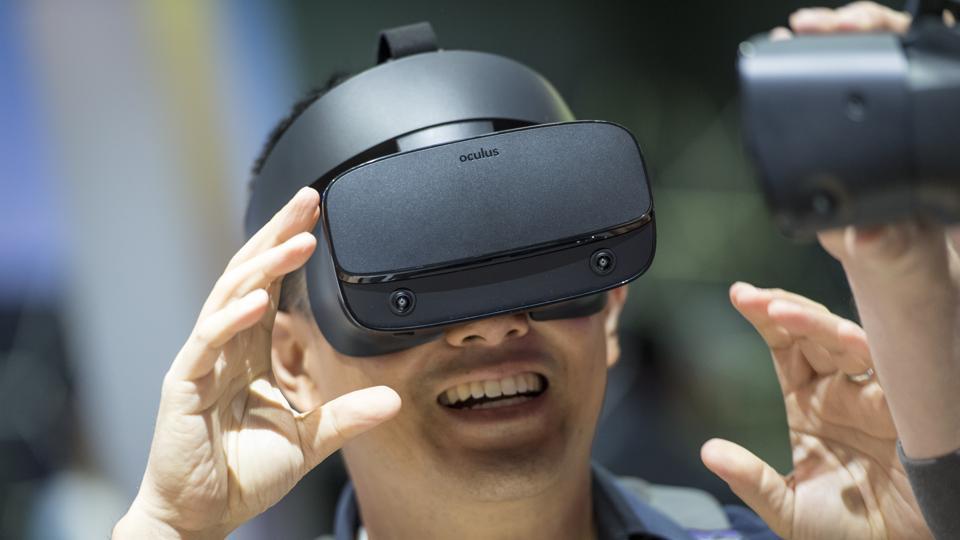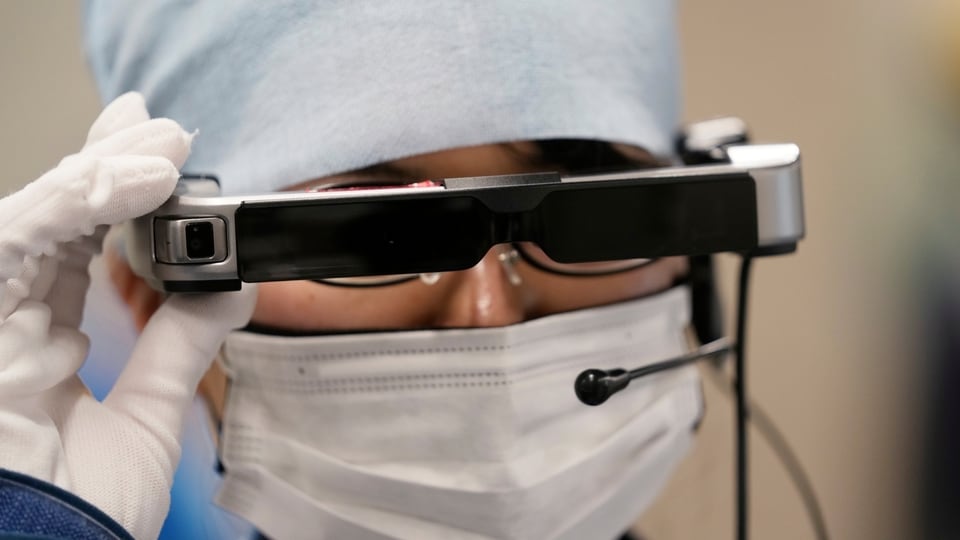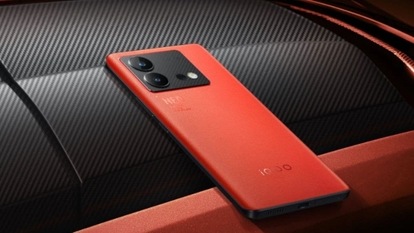Mark Zuckerberg's $1499 Headsets Won’t Help Meta
In his annual virtual reality conference, Mark Zuckerberg focused on a device that hardly anyone will buy.






 View all Images
View all ImagesAs Mark Zuckerberg spoke to the camera in a pre-recorded presentation on Tuesday to kick off Meta Platforms Inc.'s annual virtual reality conference, he needed to address the elephant in the room: Enormous skepticism had grown around his vision for the metaverse.
New users were finding his main Horizon platform buggy, and employees were getting antsy about the radical shift to virtual reality that Zuckerberg announced at this event one year ago. They needed a good reason to believe in his vision, but the Facebook co-founder didn't give them one.
Instead, he doubled down on wowing people with cutting-edge tech, unveiling an expensive, high-end headset that hardly anyone will buy. He focused on how the device would be used by employers for holding work meetings, even though there is virtually no market for that yet.
“Prioritizing hardware that supports facial expressions and eye contact … designing new avatars and new photorealistic avatars. These are things you prioritize if you're focused on helping people connect,” Zuckerberg said at the conclusion of his keynote, which was light on details such as product timelines or specific contributions from a few big-name partners like Microsoft Corp.
While Zuckerberg spent most of the hour-and-a-half long presentation as his regular self on camera, the Facebook co-founder had one brief moment walking around a virtual stage as an avatar that for once, had legs. With face shading and smoother gestures, it was an improvement on the cartoonish version Zuckerberg was mocked for posting in August.
But it also underscored how Zuckerberg's obsessive and superficial formula for human connection is founded on things like realistic renderings of faces that can raise eyebrows, and duplicating office motifs like sticky notes and white boards in digital form.
Zuckerberg has badly misunderstood what drives people to new platforms, which is unique experiences and incentives, not incrementally better graphics. Some of Meta's developments in VR are neat, but Tuesday's presentation underlined how much they should have been a skunkworks project and not the company's whole focus.
Zuckerberg's pivot to the metaverse may well go down as one of the greatest corporate strategic errors of our time, and his stubborn focus on expensive hardware and futuristic services suggest a leader increasingly out of touch with how consumers actually use technology.
The metaverse, for a start, doesn't have to exist solely through a VR headset. There are several highly successful metaverse platforms already, Roblox Corp. and Epic Games Inc.'s Fortnite, with tens of millions of users who visit through laptops and mobile phones, as a kind of casual gaming and socializing experience. Their success comes from offering unique experiences and incentives to build games.
To that end, Meta Chief Technology Officer Andrew “Boz” Bosworth said on Tuesday that the company was “developing Horizon Worlds on the web,” which people could visit on their browsers, confirming a hint he dropped earlier this year. As I've argued here, that's a wise move, because it would open the platform up to millions more potential users who aren't necessarily interested 3-D experiences or wearing headsets. But the effort doesn't seem to be a priority. Bosworth spent less than a minute talking about the browser offering, and gave no timeline for its rollout.
Zuckerberg focused on introducing the Meta Quest Pro, a high-spec VR headset that will price even more people out of his platform. It costs an eye-watering $1,499, more than triple the price of Meta's current Quest 2 headset, which retails for about $400. It would, he said, “help you be more present, more productive, more you.”
The Quest Pro had some intriguing features, including the ability to track facial expressions and to see some of the world around you through its viewfinder. What was odd, however, was its target market, which was businesses rather than the traditional VR audience of gamers.
Employers like software that will measurably make their staff more productive. But virtual reality has little traction as a collaboration tool for companies, even among Meta's competitors. When I reached out to several large firms in August who had bought VR headsets in large batches, nearly all of them said they were being used for training or events. Even staff at virtual reality companies themselves largely use Zoom for meetings, not headsets. Zuckerberg is trying to create a market that barely exists with a wishy-washy marketing pitch about “a feeling of social presence in a shared space. ”
Meta is a mass-market company. Nearly 3 billion people visit Facebook each month, making it the world's most active social media platform. More than 1 billion visit Meta's Instagram and about 2.5 billion use WhatsApp regularly.
Those numbers were always going to be difficult to replicate, but Horizon Worlds' active user numbers are alarmingly small in comparison, at around 300,000. Instead of growing that number, Zuckerberg is gunning for niche markets of first adopters with money to spend, gamers and experiment-driven employers, rather than mainstream consumers. That should worry investors. Meta's shares were down nearly 4% at the market close in New York on Tuesday, and have lost 62% of their value so far this year. Facebook hasn't traded this low since January 2017, nearly six years ago.
“We're at the beginning of a new era of computing,” Zuckerberg said as he drew his keynote speech to a close. It would be “more social and more human than anything that's come before.” But it won't be anywhere near as big as Facebook.
Parmy Olson is a Bloomberg Opinion columnist covering technology. A former reporter for the Wall Street Journal and Forbes, she is author of “We Are Anonymous.”
Catch all the Latest Tech News, Mobile News, Laptop News, Gaming news, Wearables News , How To News, also keep up with us on Whatsapp channel,Twitter, Facebook, Google News, and Instagram. For our latest videos, subscribe to our YouTube channel.

























